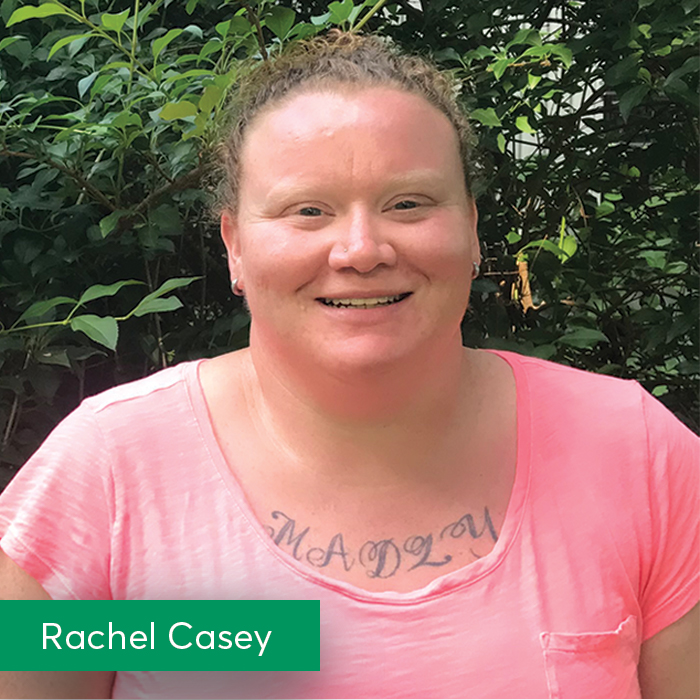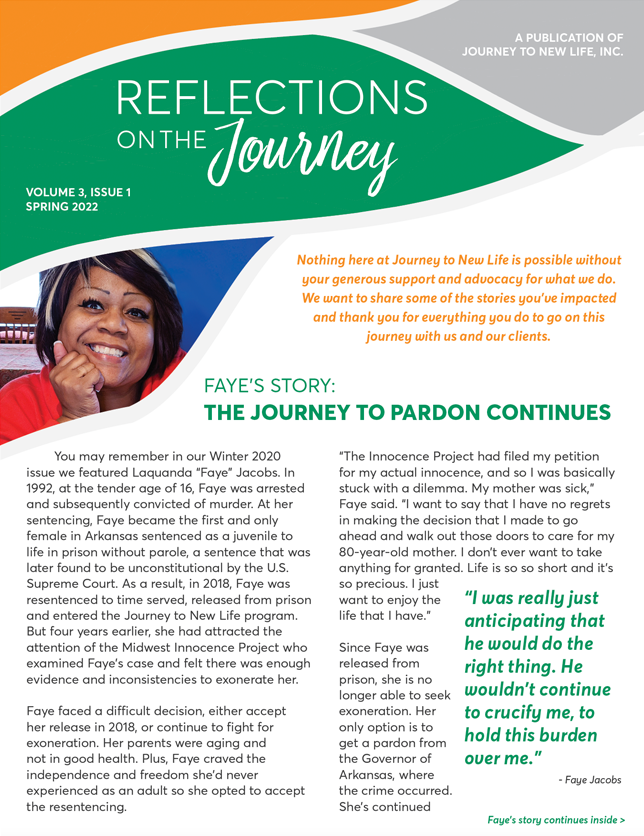 A single traumatic experience can have devastating effects on the mental health of an individual. That is a known fact. Imagine the impact that a series of traumatic experiences can have.
A single traumatic experience can have devastating effects on the mental health of an individual. That is a known fact. Imagine the impact that a series of traumatic experiences can have.
Rachel Casey doesn’t have to imagine it. She was molested by a family member as a child. At age 13, she underwent abdominal surgery and was given an open-ended opioid prescription. That kickstarted her addiction. She got married right out of high school and took on the responsibility of raising her husband’s five children. She was already using drugs and alcohol, but it was the murder of her sister-in-law in 2011 — her best friend — that caused her to really spiral out of control. She escalated to heroin, ended up divorced and was deep into her addiction. Then, in December 2019, she overdosed. It wasn’t the first time that year, it was more like the tenth time she says. This time though, she woke up to find that the friend she got high with was dead. Rachel will only be 36 in August. Prison was her turning point.
“Even though my parents put me in counseling [after I was molested],” she said. “I refused to talk about it as a child. In December 2011, my sister-in-law was shot and killed by her children’s father. That kind of pushed me over the edge. That’s the first time I started using heroin and a needle — the day that I buried her. Until you actually talk about it and work through all of those traumas, you’re just going to try to mask those feelings and emotions. I went through a lot of trauma and grief counseling in prison. I did a year-long treatment. I still go to counseling every week right now.”
The counseling has helped her deal with the trauma and grief she’s experienced so she no longer feels the need to numb her feelings and emotions. “It still affects me daily,” Rachel said, “but it’s something that no longer affects my sobriety. It’s not something that triggers me to want to use any more.”
Rachel says she is grateful to have Journey to New Life and to be living in Peace House. She doesn’t believe she would have lived through another home plan that involved her going back to the same town, the same people and the same circumstances she was in during her addiction.
I really don’t think many people understand how important this program is and how much they do for us.
— Rachel Casey
“My case manager [in prison] was the one who actually told me about it and had me do the phone interview with Georgia,” she said. “That’s the first time I actually had hope in a long time of doing something different. I knew going back to Salem wasn’t realistic. It’s something that I literally told my case manager that if I can’t home plan to Journey, I won’t leave the prison.”
Today, Rachel is doing really well, though she continues to face barriers. She secured a full-time job and was promoted within her first three months. She continues to live at Peace House while she looks for her own housing. She has a distribution charge on her record, however, that presents a significant barrier to finding a rental. She still has hope.
“Finding someone to give me a chance to rent to me is my biggest obstacle right now,” she said. “Finding a job was easy for me. I was completely 100% honest with my boss. She’s knows I’m in transitional living, she knows that I just got out of prison, she knows all about my addiction. I was just 100% honest with her, and she gave me a chance. I know that’s a rare occasion. Most people would hear my story, and say, ‘no, absolutely not.’ She took a chance on me, and I proved myself. Unfortunately, landlords looking at applications don’t see me or hear my story or any of the good that I’ve done in the last 18 months. All they see is those distribution charges.”
Journey to New Life is always looking for landlords or property owners willing to work with our clients. Let us know if you, or someone you know, can help.

